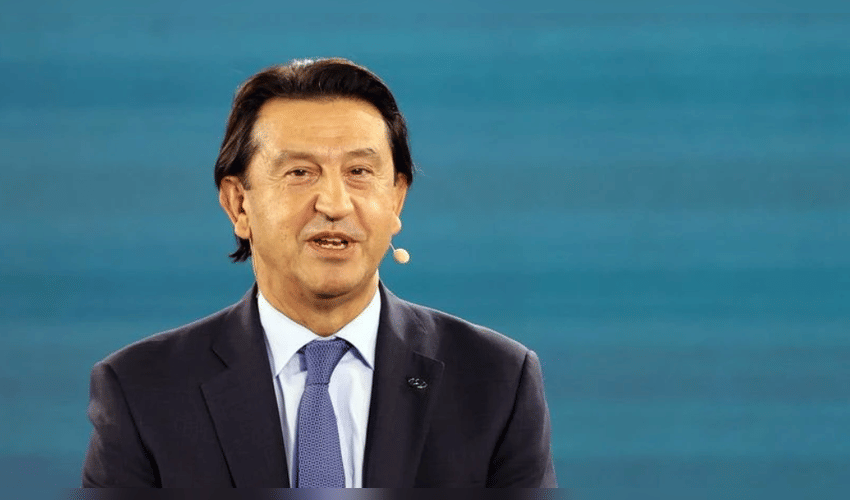World
The Hyundai CEO stated that the US has issued an apology following an ICE raid at a battery factory.

Hyundai Motor Co. CEO José Muñoz said the South Korean automaker received an apology from the US government for an immigration raid that delayed construction at its battery plant in Georgia. Despite the setback, the company plans to continue expanding its operations in the US. The September raid, in which federal agents detained 475 workers—mostly Korean—at the Hyundai-LG Energy Solution facility, was an unexpected shock, Muñoz told the Bloomberg New Economy Forum in Singapore. However, he emphasized that the incident has not affected Hyundai’s long-term commitment to investing in the US. “Even with an incident like this, and apologies from the US president, it doesn’t change our plans,” he said. “We want to maintain our investments, believing that conditions will improve in the mid to long term.”
The raid highlighted potential risks to South Korea’s billions in clean energy investments in the US, including Hyundai’s $26 billion investment plan. Images of detained workers in restraints created a stir both within the industry and in diplomatic relations between Seoul and Washington. Muñoz recounted receiving a call from the Georgia governor, noting that misinformation had led to the raid. Authorities and companies have since worked to resolve visa issues exposed by the incident.
Hyundai expects construction delays of at least two to three months due to labor shortages, compounding challenges from US tariffs on Korean imports, which cost the company about 1.2 billion USD in Q3. The company has adjusted its 2025 profit expectations while increasing revenue forecasts as it continues investing in the US to mitigate the impact of tariffs. Muñoz stressed the importance of reshaping supply chains through local investment and operational improvements.
Beyond these issues, Muñoz highlighted Hyundai’s use of artificial intelligence and robotics to enhance productivity, noting the shift in employment requirements. The company is converting its Singapore facility into a “dark factory,” which is highly automated and can operate without lights. He stated, “We are a tech company in the automotive business. We aim to maximize human potential, not eliminate jobs, focusing more on engineering roles than traditional manufacturing.” Muñoz, the first foreign CEO of Hyundai, credited the company’s success to the fast-paced ‘hurry hurry’ mindset of Korean business culture, which allows Hyundai to adapt quickly to changes in the auto industry.



